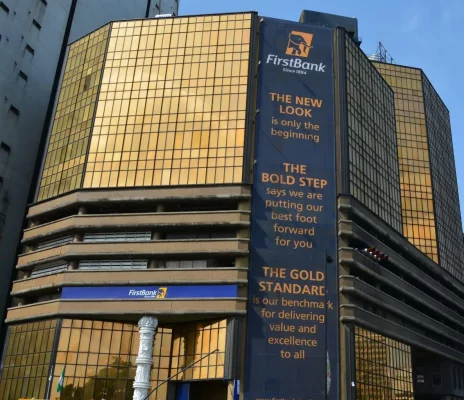Nigeria’s commercial banks continue to play a pivotal role in driving economic growth, credit expansion, and financial inclusion.
As the country pursues its ambitious $1 trillion GDP target, the strength of its banking sector has become even more critical.
In Q1 2025, the ten largest banks in Nigeria reported a combined total asset base of N218.99 trillion ($142.48 billion) up from N212.75 trillion ($137.63 billion) at the end of 2024.
This growth signals a resilient financial sector capable of supporting lending, infrastructure investment, and broader economic activity.
Bank assets matter because they reflect capacity; the more assets a bank controls, the more it can deploy to power businesses, fund government projects, and deepen access to credit.
In a country where capital remains scarce for many, strong balance sheets can unlock inclusive, sustainable development.
Below is the ranking of Nigeria’s top 10 banks by total assets as of the first quarter of 2025, highlighting the institutions at the heart of the nation’s economic engine.

First Bank of Nigeria Limited, the flagship subsidiary of First HoldCo Plc (formerly FBN Holdings Plc), reported total assets of N26.52 trillion ($17.25 billion) as of the first quarter of 2025.
- This figure is consistent with its full-year 2024 asset value, maintaining its position among Nigeria’s largest banking institutions by asset size.
- With a legacy spanning over 130 years, First Bank operates 595 branches and 144 Quick Service Points (QSPs) across Nigeria, in addition to 86 branches under its international subsidiaries.
- The bank also oversees a vast network of over 280,000 agent banking locations, reinforcing its commitment to deepening financial inclusion.
- Serving over 43 million customer accounts globally, including digital wallets, First Bank maintains more than 821 business locations, representing the most extensive physical banking footprint in Nigeria’s financial sector.
- As Nigeria’s oldest bank, First Bank continues to play a significant role in personal, business, and corporate banking.
It remains a key player in driving financial access across urban and rural areas, both domestically and across its international markets.

















